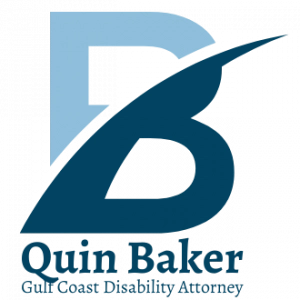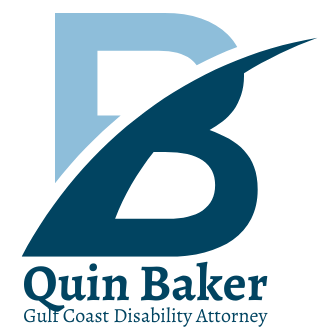SSD for Congestive Heart Failure
Heart disease is the most common cause of death in the United States. Congestive heart failure is a serious health problem that occurs when the heart doesn’t pump blood efficiently enough. As a result, blood starts to back up in the body. It’s common for the lungs to fill with fluid, making breathing difficult and painful.
It’s obvious why a diagnosis like this could cause serious issues with your quality of life, mobility, and ability to work. If you qualify for SSDI benefits with your work credits, you still need to prove that your disability is significant enough to warrant benefits. We can help. Call Baker & Baker at 850-433-0888 to set up a consultation now.
Congestive Heart Failure in the Blue Book
Congestive heart failure is included in the Listing of Impairments under the name chronic heart failure. To qualify, you must meet two separate sets of requirements.
The first requirement is one of these two:
- Systolic failure marked by left ventricular end-diastolic dimensions larger than 6cm or ejection fraction of 30% or less during a stable period
- Diastolic failure marked by a left ventricular posterior wall and septal thickness of 2.5cm or greater, and an enlarged left atrium that is larger than or equal to 4.5cm
You must also have one of the following:
- Persistent heart failure symptoms that keep you from starting, carrying on with, or completing your activities of daily living—in addition, an MC with experience in cardiovascular disease must have determined that an exercise test would be too risky for you
- Three or more acute congestive heart failure episodes in a 12-month period, resulting in fluid retention and extended medical intervention
- Inability to do an exercise tolerance test with a workload of 5 METs or less, due to one of the following:
- Fatigue, heart palpitations, chest discomfort
- Three or more episodes of ventricular tachycardia or increasing frequency of ventricular ectopy
- Systolic pressure drops 10mm Hg or more below baseline during exercise
- Inadequate cerebral perfusion
Evidence of Limitations
As you see, part of the Blue Book listing involves an inability to do an exercise test. For clarification, an exercise test with a workload of 5 METs or less would prevent you from doing any moderately intensive activity. Between 3 and 6 METs is the range for moderately intensive activity.
One MET is the equivalent of sitting at your desk. To compare to the averages for healthy individuals, a good maximum METs value for a 30-year-old woman is 14. A good maximum for a 30-year-old man is 15. This means that if you plan to qualify under this heading, you must have serious limitations that would put you in danger if you exerted yourself.
Proving Your Congestive Heart Failure Limitations
As is the case with any SSDI case, proving your disability and its effect on your life is crucial. The Blue Book listing for chronic heart failure is very specific, outlining the exact symptoms and testing results you must have if you want to receive SSDI benefits. However, proving the more subjective parts of the listing true can be challenging—for example, heart failure symptoms that interfere with activities of daily living can be difficult to prove.
It’s important to work with a medical professional with experience in SSDI claims. The SSDI tends to be very thorough in its review of case files, and you’ll want to submit the strongest application you can. This may include multiple diagnostic scans, follow-up scans proving the severity of your disease, and doctors’ reports indicating the physical limitations you face.
You can also work with a disability attorney to send out your best application the first time around. Most applications are denied the first time—avoid the common mistakes that plague most applicants and put your best foot forward from the very beginning.
Choose Baker & Baker for Your Disability Claim
Ready to pursue SSDI benefits for your congestive heart failure? The team at Baker & Baker is here to help you fight for the benefits you know you deserve. Get started now by setting up a consultation with our team. Just contact us online or give us a call at 850-433-0888 to schedule a meeting and learn more about your next steps.





Leave a Reply
Want to join the discussion?Feel free to contribute!